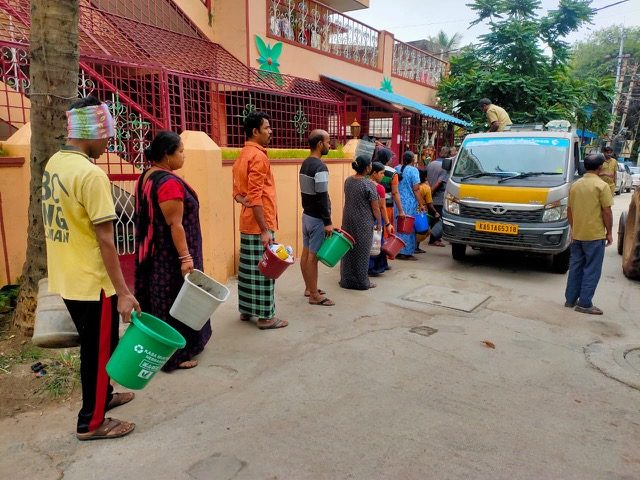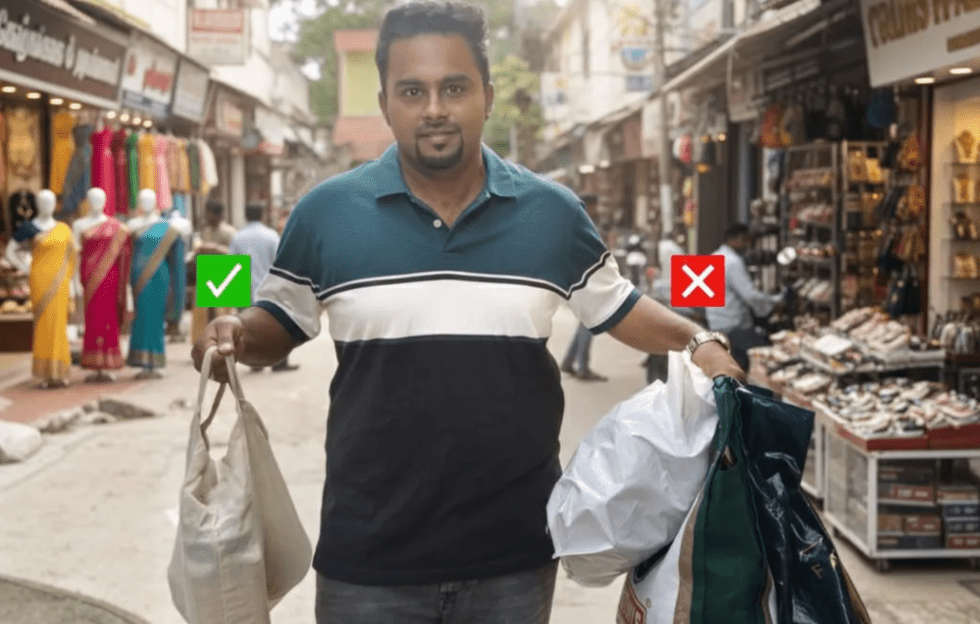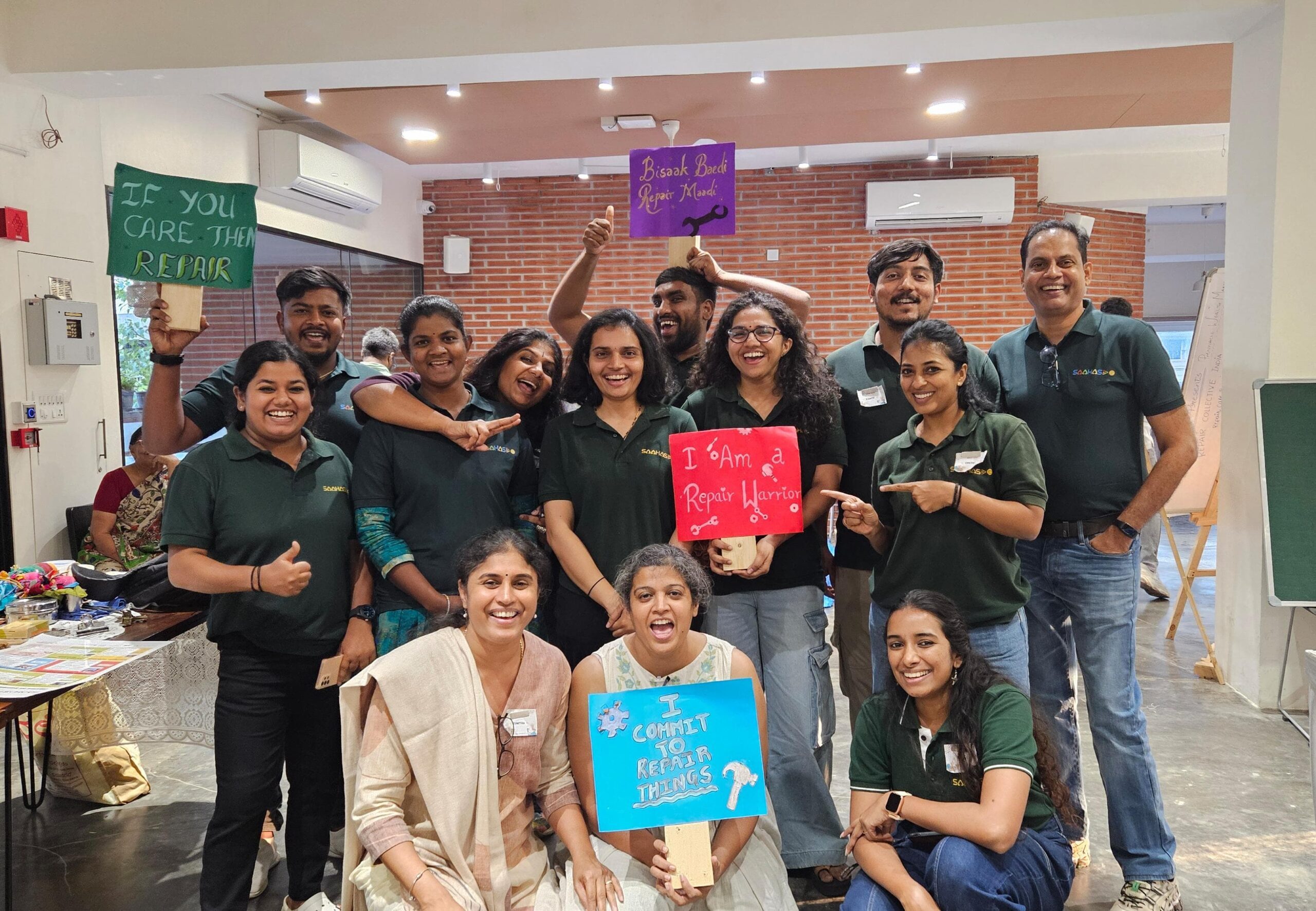Waste segregation — civic duty or public utility?
Circular economy
environmental pollution
Policy
Sustainable lifestyle
Waste segregation
- by Anas Mohammed, Project Manager, Saahas

Waste segregation — civic duty or public utility?
We often come across a mindset of “Why should I segregate my waste?”
Source segregation — a simple act of separating waste at source- is often undervalued and stigmatized. In our projects at Saahas, we regularly conduct KAP (Knowledge, Attitude, Practices) surveys to understand how people deal with the solid waste they generate. And almost every time, we come across this same mindset. People say, “There are workers for that. It’s not my duty. They are paid to do segregation. I’m too busy for all this.” Some even go to the extent of blaming the sanitation workers, saying, “They’re not doing their job properly, that’s why our streets and cities look dirty.”
This isn’t just about ignorance — it’s the result of deep-rooted social conditioning, systemic failures to mainstream the role and importance of waste workers, and the overarching design of solid waste management (SWM) processes. While we can not blame or change people’s perceptions, we can always encourage a newer perspective. Here is a glimpse of our Information, Education and Communication (IEC) and Behaviour Change Communication (BCC) strategy, to encourage source segregation:
Why is Source segregation essential? — It helps reduce waste going to landfills, prevents dumping in streets, and avoids the spread of diseases. It also helps reduce air and groundwater pollution caused by open dumping.
Is there a mandate for it? According to the SWM Rules, 2016, it is the duty of the waste generator (that’s you and me) to segregate waste at the source.
How is it done? Source segregation doesn’t mean separating waste while handing it over to the collection vehicle. It means storing waste already segregated at home using separate bins or bags for wet, dry, and hazardous waste. This makes the whole process easier and cleaner. If you or the workers try to segregate waste only at the time of collection, it’s already too late. The wet and dry wastes are mixed, and moisture from the wet waste can spoil the dry waste, making it unrecyclable.
What’s the job of sanitation workers? Sanitation workers are paid to collect the segregated waste, not to segregate the waste that we give. That’s not their job. Just like how manual scavenging of human waste is banned, we shouldn’t expect another human being to handle and segregate our messy household waste. Imagine someone having to sort through your used diapers, spoiled food, oily food parcels, blades, broken bottles, etc. It’s dirty, it’s smelly, and it’s harmful. Do you want to be the reason for someone else falling sick?
As responsible citizens, it’s time we understand this clearly and spread awareness. Together, we can create cleaner, healthier, and more sustainable communities.

End-of-life disposal
Sanitary waste
Waste segregation
- by Anusha Mounika

Circular economy
Sustainable lifestyle
- by Anas Mohammed

Circular economy
Reduce
Repair
Resource recovery
Reuse
Sustainable lifestyle
by Divya Tiwari, Consultant and Advisor Saahas.